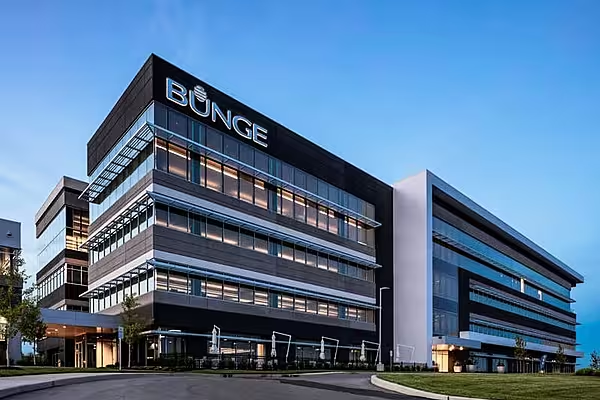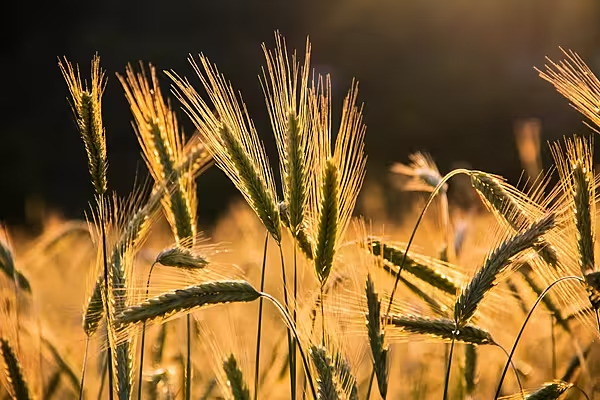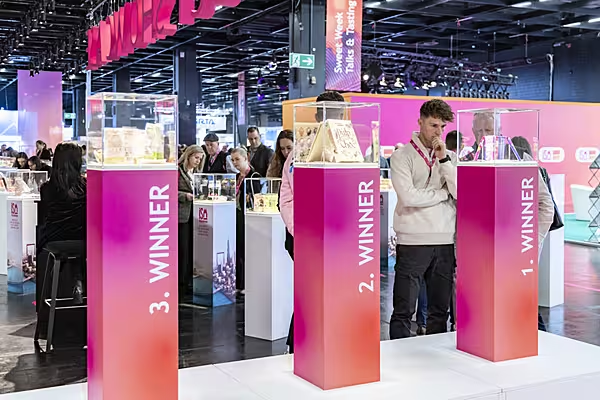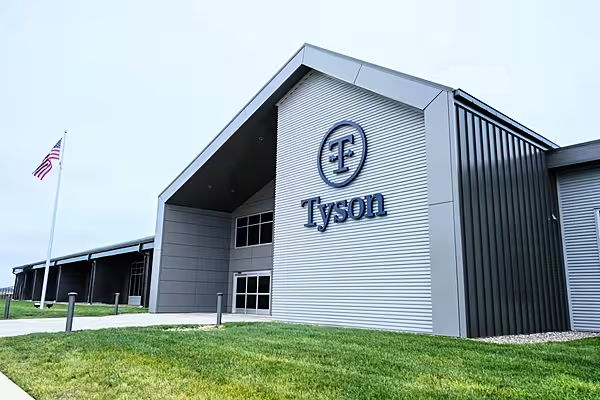A shortage of high quality arabica coffees has boosted spot prices in Central America, Colombia and Brazil, catching speculators who bet on falling futures prices by surprise.
Traders and analysts say the shortage is a major factor behind the surge in arabica prices on ICE Futures US, which have catapulted some 25% since mid-October amid a scramble for exchange certified 'washed' or quality arabica stocks.
The stocks have fallen from 2.5 million bags in March to 2.1 million with the harvest in Central America, Colombia and Peru, the main source of washed arabicas, off to a slow start and with semi-washed Brazil arabicas tight amid crop quality problems.
The jump in prices has hurt speculators. Latest CFTC data showed they have now covered about 85% of the net short position of more than 50,000 lots held in early September, helping fuel the recent run-up in prices.
Short Supply
Brazil semi-washed arabicas can usually be substituted for washed coffee, but the quality problems have left them in short supply this year despite an overall abundance of unwashed arabicas.
In Honduras, washed arabicas are at a premium of around 6 cents over ICE futures versus a discount of some 4 cents in January, deterring traders from delivering the stock to ICE where it wouldn't fetch a premium.
Honduras accounts for less than 10% of global arabica production but it makes up more than three quarters of ICE certified stock and thus has a disproportionate impact on futures prices.
"For producers, Christmas has come early," said a Switzerland-based trader.
"Roasters can go look at smaller (arabicas) origins, they're normally at a discount (to the futures) but not anymore. All washed arabicas went up despite New York (futures) going up," he added.
Traders say washed Colombian arabicas are at a premium of some 32 cents over ICE futures versus 16 cents in January.
Historically Low Prices
The shortage has been brewing for much of this year, with historically low prices prompting farmers in Central America, Colombia and Peru to abandon their farms and head to the United States border.
ICE futures fell to 13 year lows in May, leaving spot prices in most regions save Brazil at or below production costs.
More recently with the price uptick, there are talks of exporters in Colombia and Brazil not honouring contracts and asking importers to roll them forward or cancel them for a fee.
"I heard some people are trying to roll over delivery to the next Brazilian crop," said José Marcos Magalhães, head of Brazilian co-op Minasul, adding it is possible exporters are unable to fulfill the contracts on time either due to high prices or lack of quality lots.
Coffee prices in reals are at their highest level since January 2018, deterring exporters from buying.
News by Reuters, edited by ESM. Click subscribe to sign up to ESM: European Supermarket Magazine.














